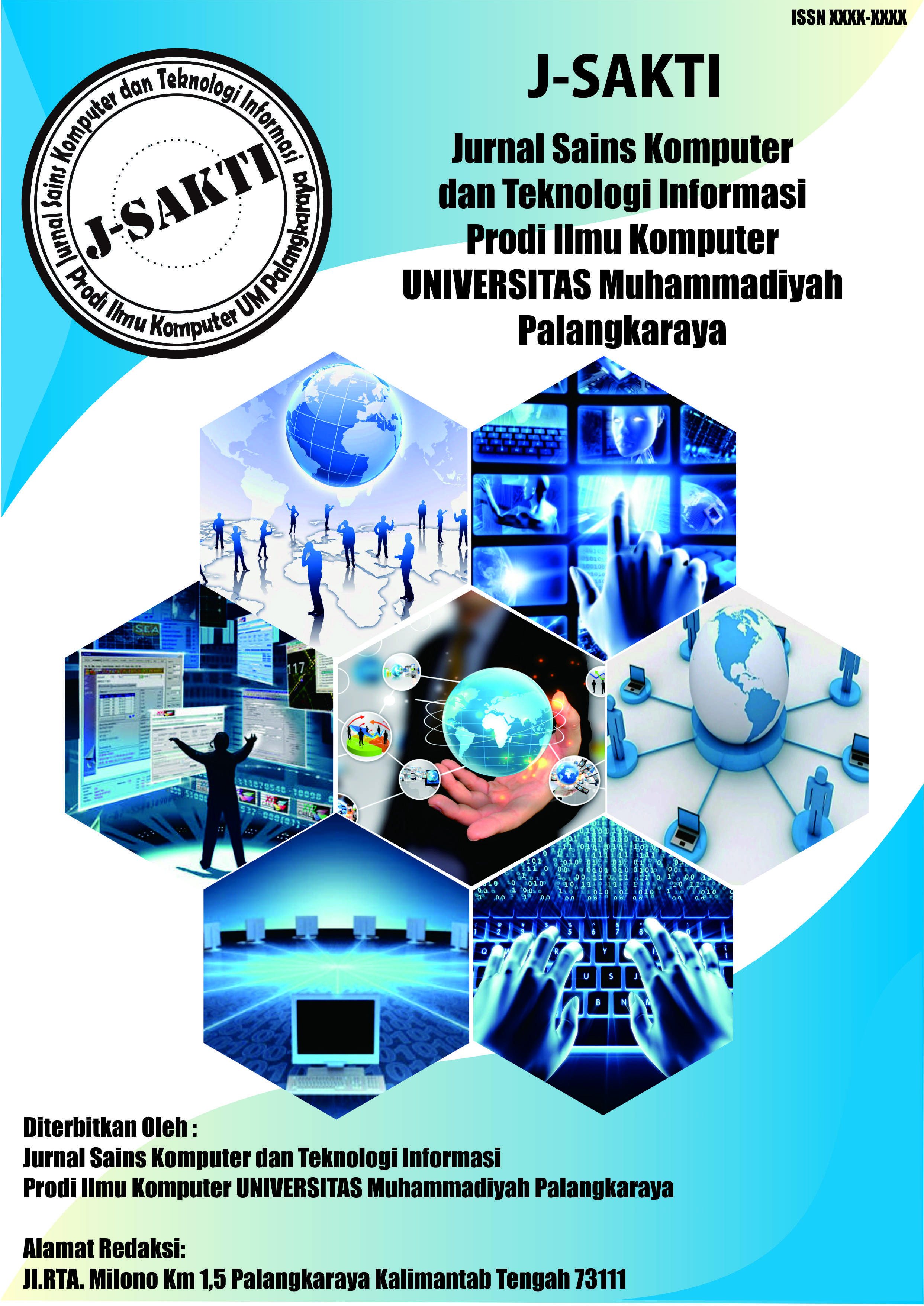Analisis Perilaku Pengguna Terhadap Aplikasi Layanan Akademik STMIK Palangkaraya dengan Model UTAUT-3
Main Article Content
Abstract
The importance of information technology in higher education academic management encourages continuous evaluation of applications. The academic service application of STMIK Palangka Raya, SMART, which has been used since 2018 with e-learning and attendance features, needs to be evaluated for user acceptance for effectiveness and fulfillment of needs. This quantitative study aims to analyze the behavior of SMART users using the UTAUT-3 model. Data were collected through questionnaires from 291 users of the SMART STMIK Palangka Raya application and analyzed using Structural Equation Modelling (SEM) with the R application. The UTAUT-3 model in this study measures the influence of factors such as performance expectancy, effort expectancy, social influence, facilitating conditions, hedonic motivation, habit, and price value on behavioral intention and actual use of the application. The results showed that facilitating conditions and price value had a significant positive effect on behavioral intention, while effort expectancy had a significant negative effect. Behavioral intention and habit had a significant positive effect on use behavior, while facilitating conditions and personal innovativeness had a significant negative effect on use behavior. This finding is crucial as a basis for increasing the adoption and utilization of academic information systems in a sustainable manner.
Downloads
Article Details

This work is licensed under a Creative Commons Attribution-ShareAlike 4.0 International License.
All rights reserved. This publication may be reproduced, stored in a retrieval system, or transmitted in any form or by any means, electronic, mechanical, photocopying, recording.
References
Azam, S. M. F., Khatibi, A., Gunasinghe, A., & Abd Hamid, J. (2019). The Viability of UTAUT-3 in Understanding the Lecturers Acceptance and Use of Virtual Learning Environments. International Journal of Technology Enhanced Learning, 1(1), 1. https://doi.org/10.1504/ijtel.2019.10023751
Faiqotul Himmah, E., & Kaestria, R. (2022). Numerical: Jurnal Matematika dan Pendidikan Matematika Path Analysis to Determine the Effect of Learning Outcomes for Prerequisite Mathematics Courses on Expert Systems Courses. 6(1). https://doi.org/10.25217/numerical.v6i1
Farooq, M. S., Salam, M., Jaafar, N., Fayolle, A., Ayupp, K., Radovic-Markovic, M., & Sajid, A. (2017). Acceptance and use of lecture capture system (LCS) in executive business studies: Extending UTAUT2. Interactive Technology and Smart Education, 14(4), 329–348. https://doi.org/10.1108/ITSE-06-2016-0015
Mesiono, M., Handoko, H., Siregar, A. H., & Hamdan, H. (2023). Peran Strategis Teknologi Informasi dan Komunikasi di STIT Al-Ittihadiyah Labuhan Batu Utara. Journal on Education, 5(3), 8362–8375. https://doi.org/10.31004/joe.v5i3.1624
Putra, D. R., Supelti, D., & Yusuf, A. (2022). Analisis Penerapan Aplikasi OVO Menggunakan Model UTAUT3 Pada Pengguna. Journal of Technology, Mathematics and Social Science, 1(2), 13–22. https://www.ejurnal.ikippgribojonegoro.ac.id/index.php/JTHOMS/article/view/2513
Santoso, A. (2023). Rumus Slovin: Panacea1,Masalah Ukuran Sampel. Suksma: Jurnal Psikologi Universitas Sanata Dharma, 4(2), 24–43. https://doi.org/https://doi.org/10.24071/suksma.v4i2.6434
Venkatesh, V., Morris, M. G., Davis, G. B., & Davis, F. D. (2003). User Acceptance of Information: Towar a Unified View. MIS Quarterly, 27(3), 425–478. https://www.jstor.org/stable/30036540
Venkatesh, V., Thong, J. y. L., & Xu, X. (2012). Consumer Acceptance and Use of Information Technology: Extending the Unified Theory of Acceptance and Use of Technology by Viswanath Venkatesh, James Y.L. Thong, Xin Xu :: SSRN. MIS Quarterly, 36(1), 157–178. https://papers.ssrn.com/sol3/papers.cfm?abstract_id=2002388
